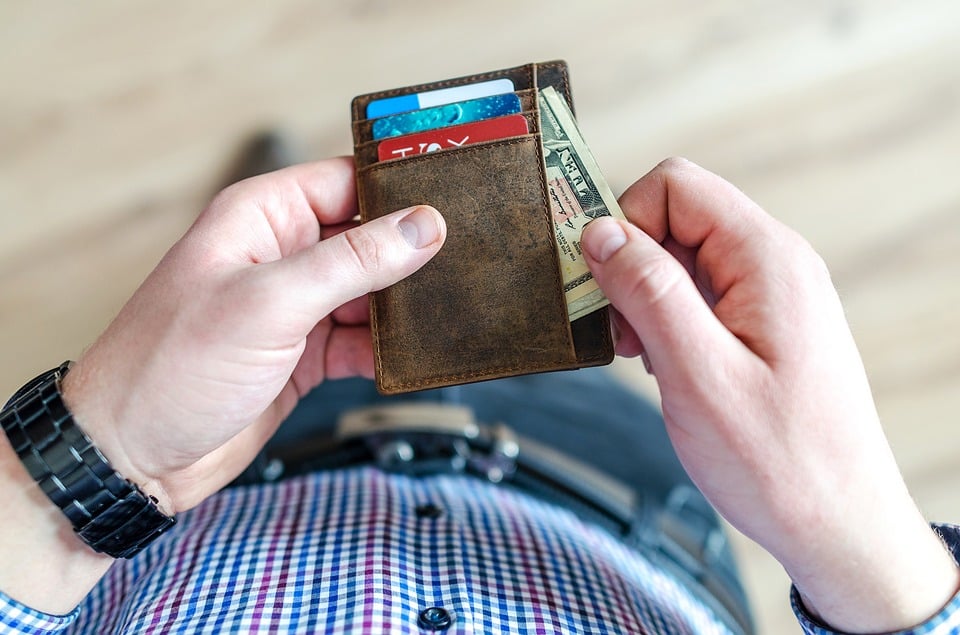While some natural disasters can be prepared for, a vast majority of dangers to your home will happen at unpredictable times. Not having warning leaves portions of your house vulnerable to major damage.
To combat the worst of it, it’s important to be financially prepared for any damages your home might incur from an unexpected disaster. It’s easy to think that nothing bad will happen to your home, and neglect to save for potential emergencies, but there is wisdom in making sure you have resources available for when the worst happens.
Here are some things you can do to prepare financially for any kind of disaster that may befall your home:
- Have emergency cash and credit — Many people are dependent upon credit and ATM cards for all their financial needs. This dependence can pose a problem when disaster strikes, as you may not have the ability to access your bank accounts or withdraw cash. So make sure you set aside some cash to use in case of an emergency that causes power to go out. You should also designate a credit card to use in case an emergency happens. If the damage isn’t widespread and you have the opportunity to seek shelter in a hotel, you will want to have a credit card with a low balance on it that you can use to pay for your stay.
- Know who to turn to — Before any disaster happens, it’s important to know who you’re going to turn to help clean up your home when something happens. Make sure you have insurance information as well as phone numbers on hand for restoration companies you plan to use.
- Safeguard important documents — One of the worst things you can lose during a natural disaster is important documents. If you have important documents stored in your home, make sure they are secure in a fire- or flood-proof container. If that’s not an option, you can opt to keep them in a bank deposit box.
- Write down phone numbers — It’s important to have access to any contact information for your bank and other lending institutions so you can retrieve finances in the event of an emergency. Make sure you can obtain this information through multiple avenues, as you don’t know what might be damaged in a disaster. You can send any information that is not confidential in an email to yourself or keep it on a cloud drive so that you can access it from anywhere at any time.
- Track your belongings — One of the most challenging things to do after a disaster is replace everything in your home. Make sure that you keep a list of items you own, room by room, so that you know exactly what needs to be replaced or claimed on your insurance if belongings get ruined.
Natural disasters can take a toll on you emotionally, physically, and financially. However, if you are prepared ahead of time for any financial burdens that may befall you, you will be able to keep a level head no matter what comes your way.

